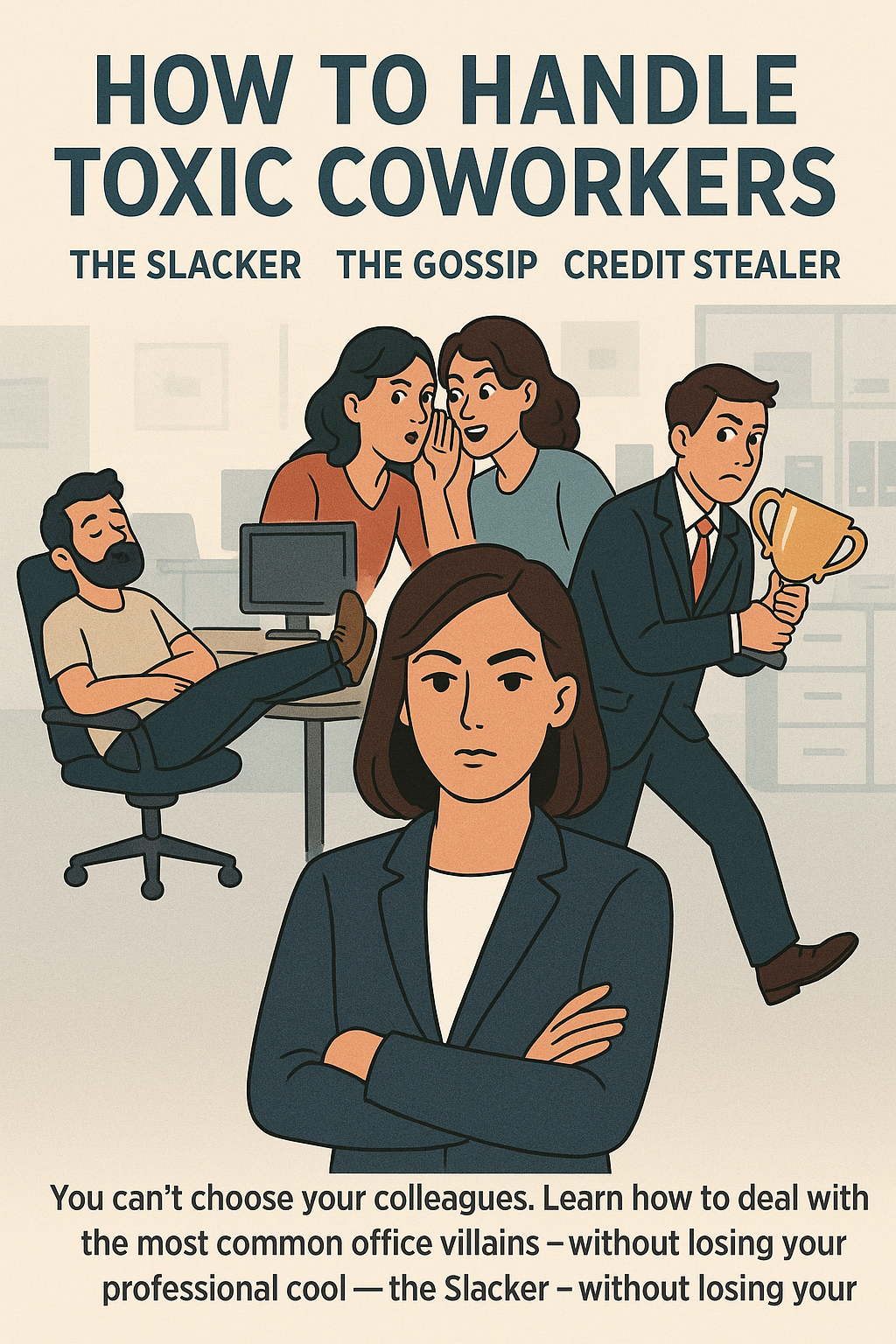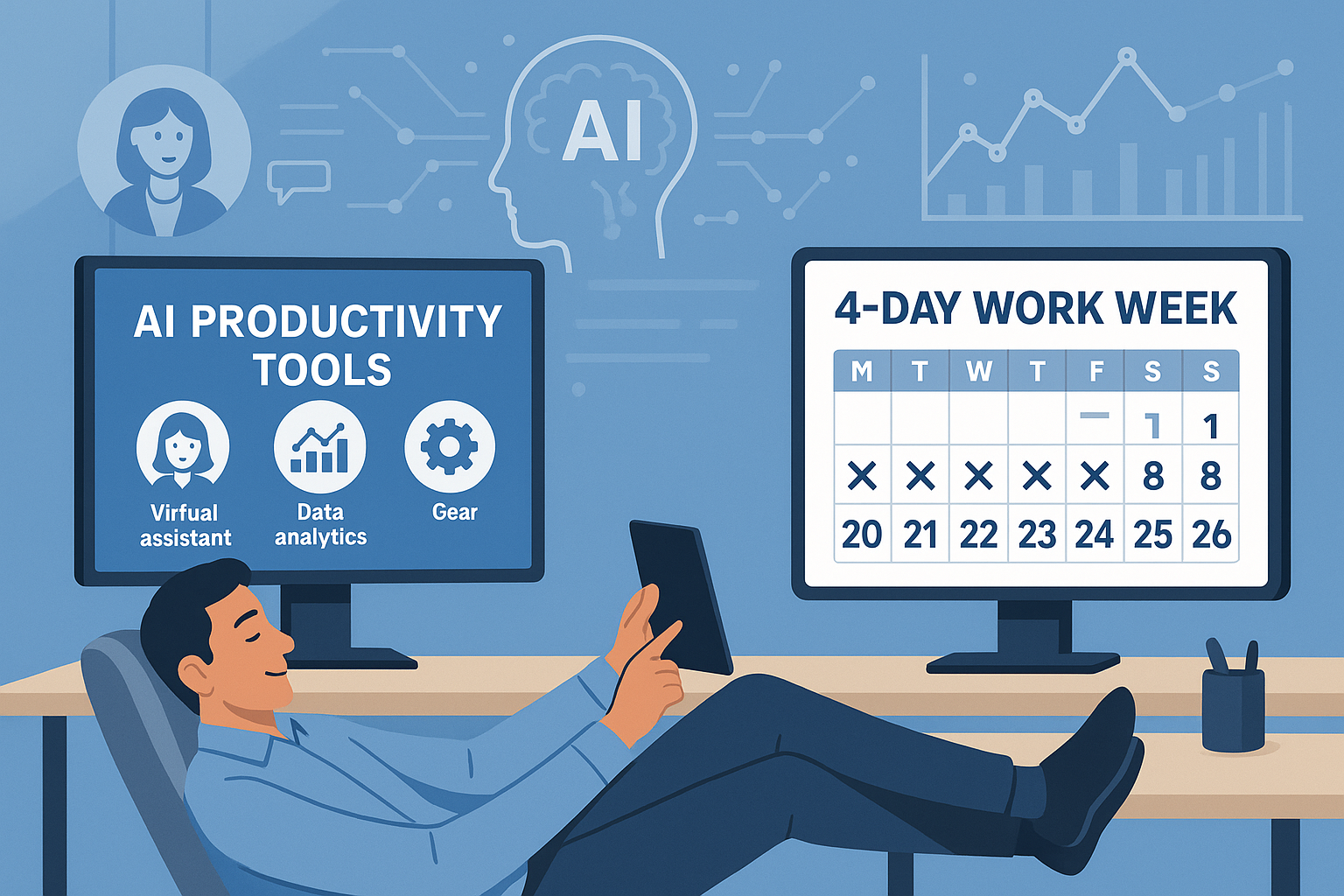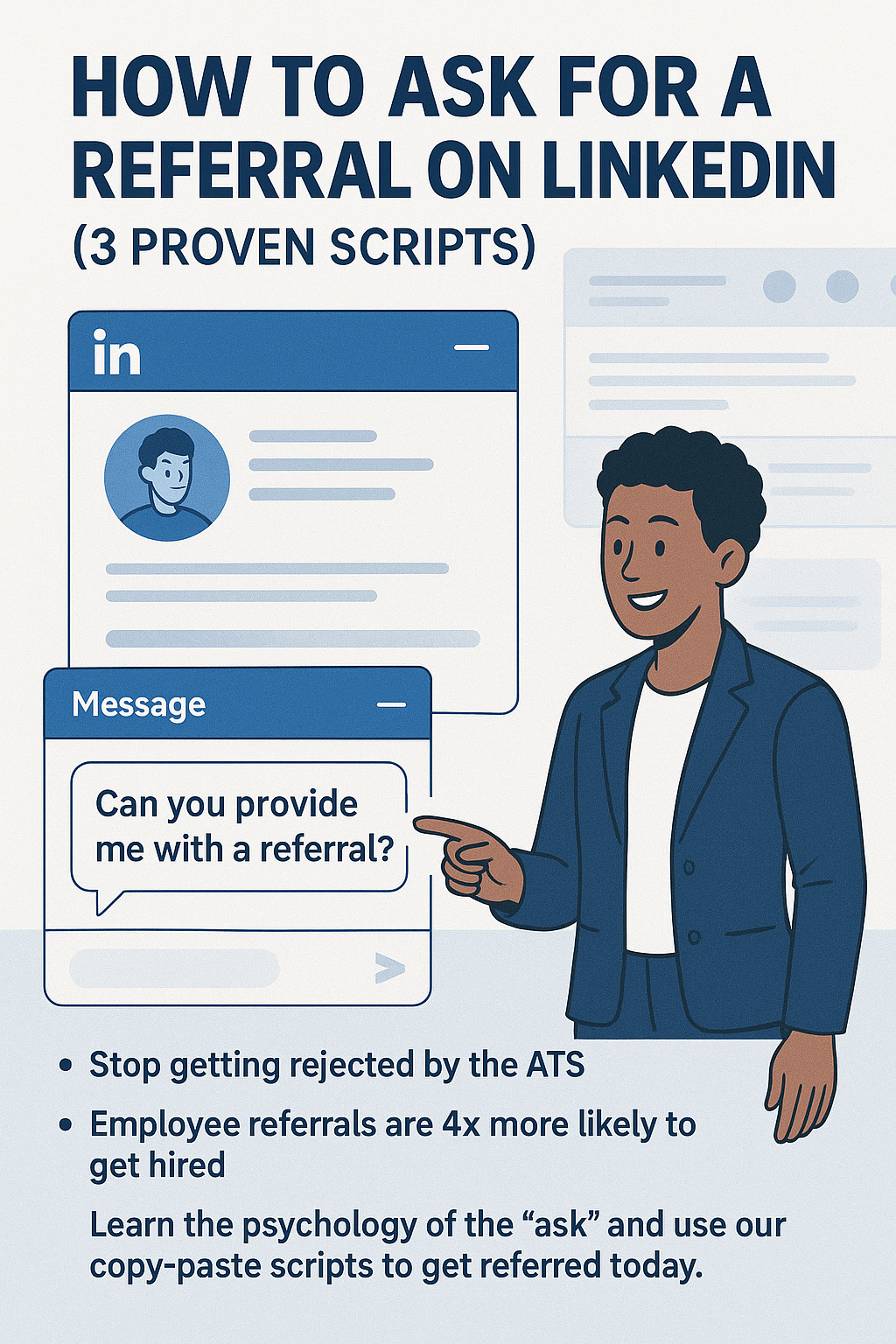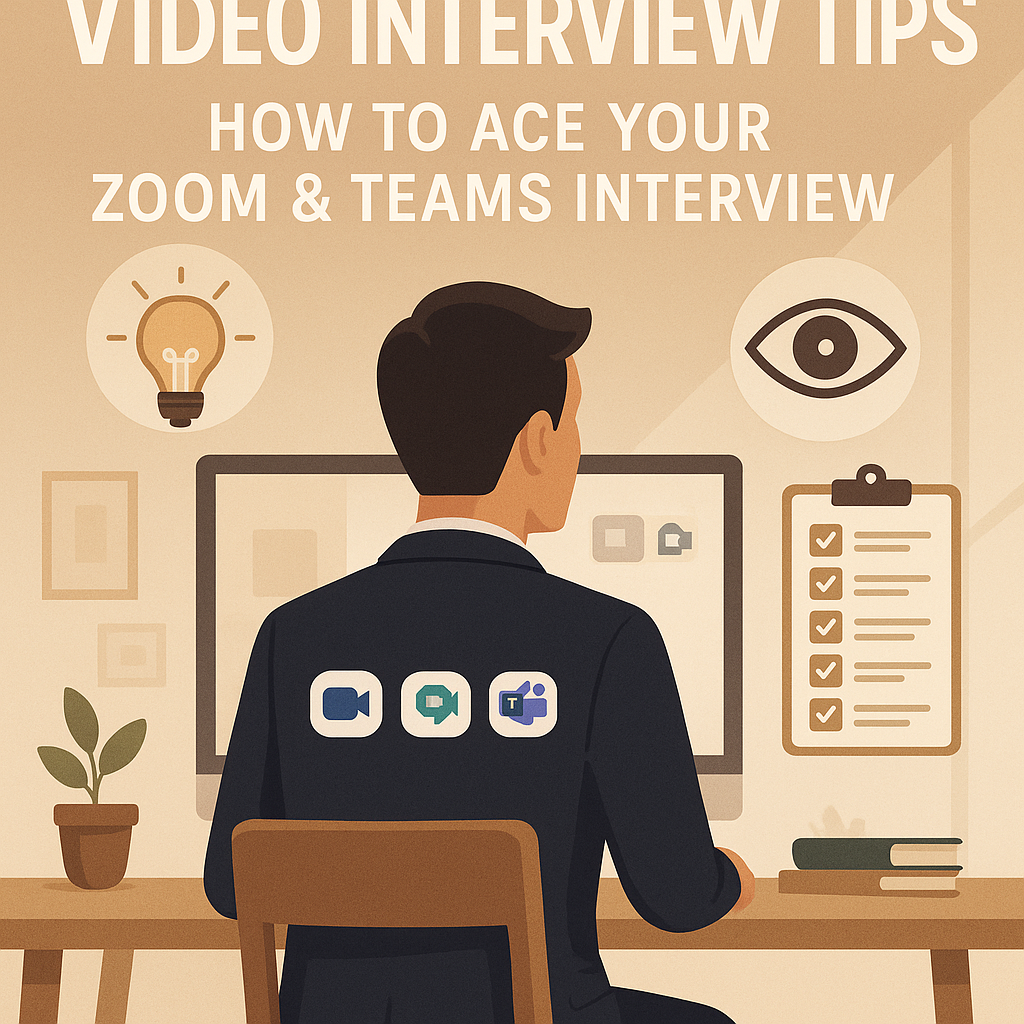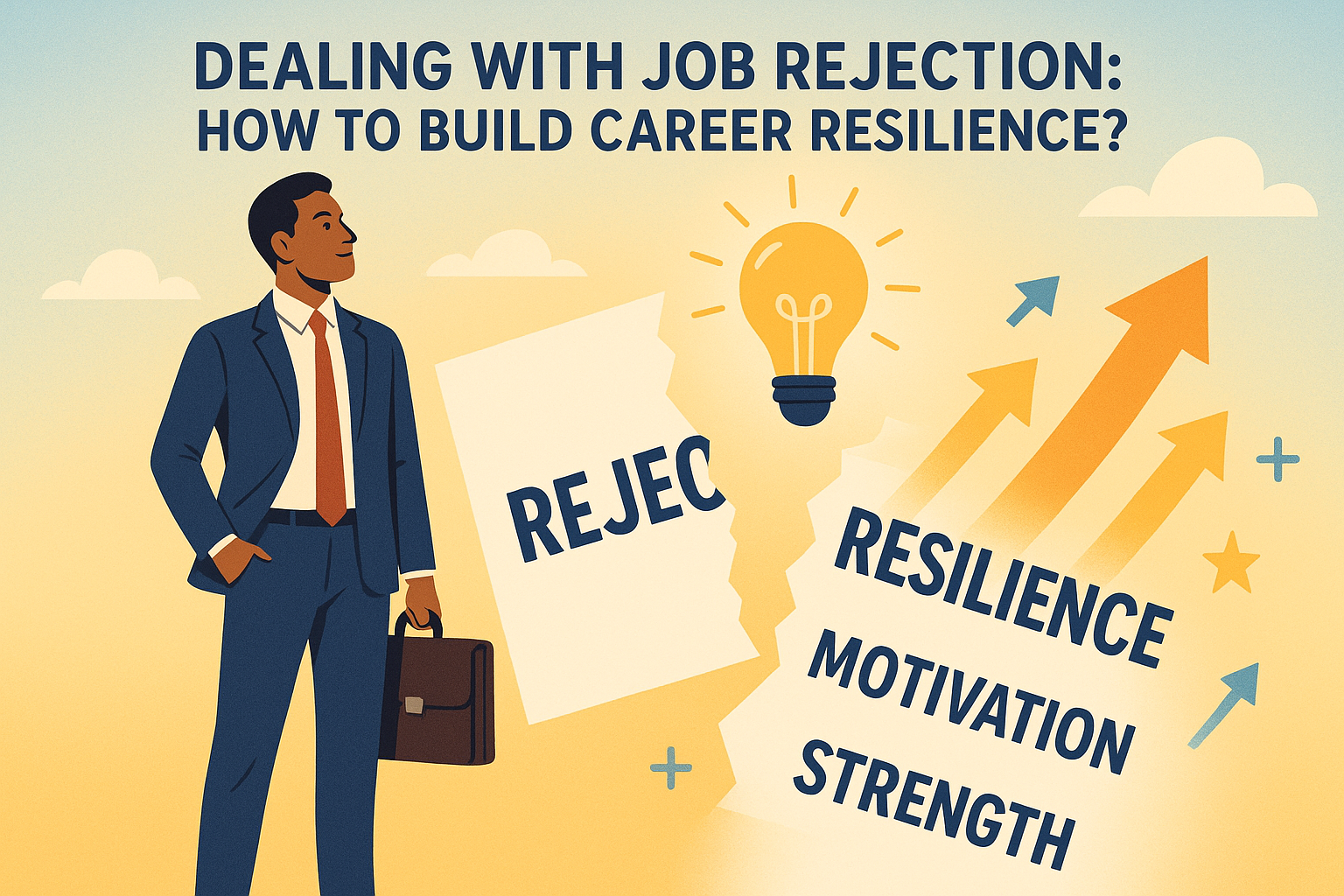
Dealing with Job Rejection: How to Build Career Resilience?
It’s a feeling every professional knows, yet no one ever gets used to. It’s the sinking in your stomach when you read the words, "Thank you for your interest, but we have decided to move forward with other candidates." It's the sting of silence after a fantastic interview, the frustration of a door closing on an opportunity you were genuinely excited about. Job rejection is more than just a professional setback; it’s a deeply personal experience. It can feel like a judgment on your skills, your experience, and your very worth as a candidate.
In the long and often grueling process of a job search, rejection is not a possibility; it is an absolute certainty. You will face it. You will receive "no's." You will be "ghosted." And if you are not prepared for it, the cumulative weight of this rejection can be crushing. It can erode your confidence, drain your motivation, and lead to a cycle of burnout and despair that can sabotage your entire job search.
But what if you could change your relationship with rejection? What if, instead of viewing it as a verdict on your abilities, you could see it as a necessary, and even valuable, part of the journey? What if you could develop the mental and emotional toolkit to not just survive rejection, but to learn from it, grow from it, and emerge from the process stronger and more focused than ever before?
This is the power of career resilience. Resilience is not about pretending that rejection doesn't hurt. It's about acknowledging the sting, and then having the tools to process it, learn from it, and bounce back with renewed purpose. It is the single most important psychological skill for a successful and sustainable career. This guide will provide you with a practical, actionable framework for handling rejection, building lasting career resilience, and maintaining your motivation even when the journey gets tough.
Step 1 Acknowledge and Validate Your Feelings (The 24-Hour Rule)
When you receive a rejection, your initial emotional response is perfectly valid. It's okay to feel disappointed, frustrated, or even angry. The worst thing you can do is to suppress these feelings or to tell yourself that you "shouldn't" feel this way. Ignoring the emotional impact of rejection only allows it to fester and grow into long-term self-doubt.
Instead, give yourself a structured window to process the emotion. This is the 24-Hour Rule. For 24 hours after receiving a rejection for a role you really wanted, give yourself permission to feel bad about it. Vent to a trusted friend or family member. Go for a long walk. Watch your favorite movie. Do whatever you need to do to acknowledge and process the disappointment.
However, the key part of this rule is the time limit. When those 24 hours are up, the period of emotional processing ends, and the period of professional analysis and forward motion begins. This simple boundary prevents you from getting stuck in a prolonged cycle of negativity and self-pity.
Step 2 Depersonalize the Decision (It's About Fit, Not Flaw)
After the initial sting has faded, the next crucial step is to depersonalize the rejection. This is a mental shift from "I wasn't good enough" to "It wasn't the right fit." The hiring process is incredibly complex, and a "no" is rarely a simple judgment on your skills. There are a hundred invisible factors at play that you have absolutely no control over.
- An Internal Candidate Emerged: This is one of the most common reasons for rejection. They may have loved you, but a strong internal candidate who already knows the company culture is often the safer, easier choice.
- The Budget Was Cut: The role you interviewed for might have been put on hold or eliminated entirely due to a sudden shift in the company's financial priorities.
- They Hired for a Different Skill Set: The team's needs might have changed mid-process. They might have realized they needed someone with more experience in a specific technology or a different soft skill that wasn't in the original job description.
- A "Unicorn" Candidate Appeared: You could have been a perfect 9/10 candidate, but at the last minute, a 10/10 "unicorn" with the perfect blend of niche experience and a direct referral from the CEO applied.
The point is, you will almost never know the real reason you were rejected. Attributing it to a personal flaw is an act of negative fiction. By reframing the rejection as a simple "mismatch of circumstances," you protect your self-esteem and maintain the confidence you need to continue your search.
Step 3 Extract the Data (Turn Rejection into Research)
Every "no" is a data point. Once you have emotionally detached from the outcome, it's time to become a detective and analyze the experience for clues that can improve your strategy for the next opportunity.
Ask yourself a series of objective questions about the process: * The Application Stage: Was my resume truly tailored for this role? A great way to check this is by using a tool like JobPe's ATS Check to see if it was optimized for their screening software. Did my cover letter specifically address the company's needs? * The Interview Stage: Which questions did I answer with confidence? Which questions made me stumble? Were there any technical questions I couldn't answer? This is not about beating yourself up; it's about identifying specific areas for improvement. If you struggled with a particular type of question, you can practice it using an interview questions database. * The Post-Interview Stage: Did I send a professional and personalized follow-up email?
If you were a finalist, it is perfectly acceptable to send a polite email asking for feedback. While many companies have a policy of not providing it, some will. A simple, professional note can sometimes yield an invaluable piece of advice.
Template for Requesting Feedback:
"Dear [Hiring Manager's Name],
Thank you again for the opportunity to interview for the [Job Title] position. While I'm disappointed to hear that I wasn't selected, I truly value the experience and your time.
If you would be willing, I would be very grateful for any brief feedback you might have on my interview or qualifications that could help me improve in my job search.
I wish you and your team all the best in finding the right candidate.
Sincerely, [Your Name]"
Step 4 Re-engage with Your Strengths (Rebuild Your Momentum)
A string of rejections can make you start to question your own abilities. It's crucial to proactively counteract this by reminding yourself of your value.
- Review Your "Greatest Hits": Keep a document or a folder where you store your biggest professional accomplishments, positive feedback from previous managers, or successful projects you've completed. After a rejection, spend 10-15 minutes reviewing this file. This is a powerful antidote to self-doubt.
- Do Something You're Good At: If you're a great coder, spend an hour working on a personal project or tackling a challenge on a site like JobPe's Coding Practice section. If you're a great writer, write a short blog post. Re-engaging with an activity where you feel competent and successful is a quick way to rebuild your confidence.
- Help Someone Else: One of the fastest ways to feel better about your own situation is to help someone else. Offer to review a junior colleague's resume, or provide some advice to a student from your college. This shifts your focus from your own problems and reminds you of the valuable expertise you possess.
Step 5 Control What You Can Control (Focus on Process, Not Outcome)
You cannot control whether or not you get a job offer. There are simply too many external variables. But you have absolute, 100% control over your job search process. Shifting your focus from the uncontrollable outcome to the controllable process is the ultimate key to resilience.
Don't set a goal of "I will get a job this month." Instead, set process-oriented goals like: * "I will send out five high-quality, tailored applications this week." * "I will spend one hour each day upskilling in a new technology on a platform like Allrounder.ai." * "I will reach out to three new people on LinkedIn for informational chats this week."
By focusing on these actionable, controllable tasks, you regain a sense of agency and power over your situation. Each completed task is a small victory that builds momentum and keeps you moving forward, regardless of the rejections you may face along the way.
Conclusion Rejection is a Detour, Not a Dead End
The job search is a journey filled with peaks and valleys. Rejection is an inevitable part of that terrain. It's a sign that you are in the arena, that you are trying, and that you are taking risks to advance your career.
By building a resilient mindset, you transform rejection from a painful roadblock into a valuable, if unwelcome, guide. It teaches you, it refines you, and it ultimately makes you a stronger, more prepared, and more confident candidate. Acknowledge the feeling, depersonalize the decision, learn from the data, and focus relentlessly on your process.
Your dream job is out there. A few "no's" along the way are just the detours you take on the road to your ultimate "yes." To find your next great opportunity, you can explore the millions of listings and set up targeted job alerts on JobPe.
For more tools and resources to support you at every stage of your career journey, https://jobpe.com.

Creative Content Writer


